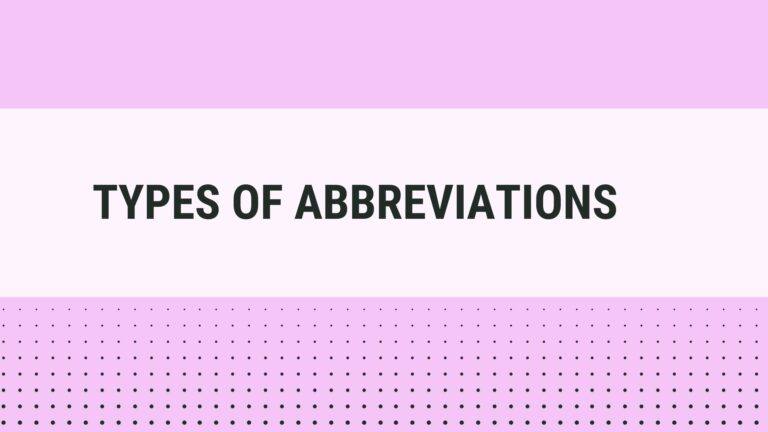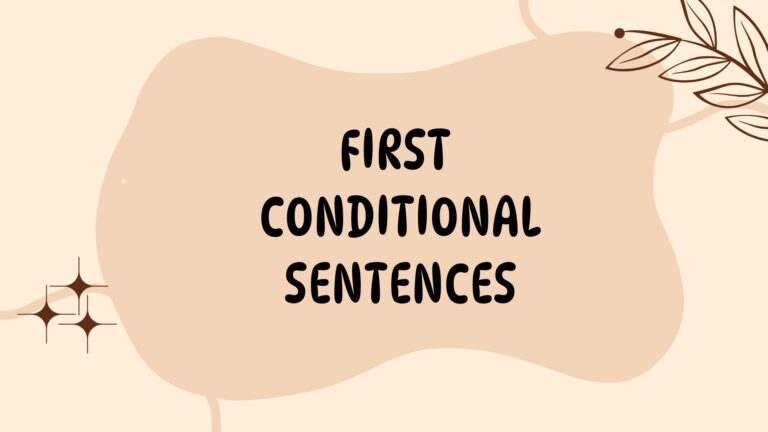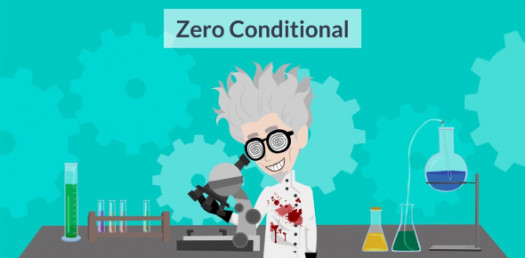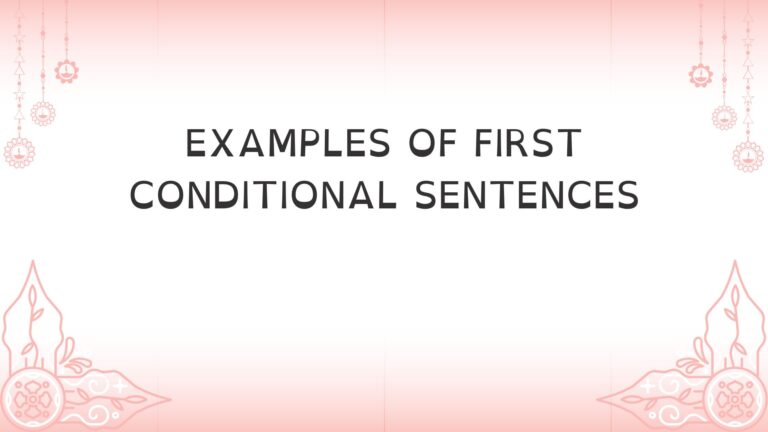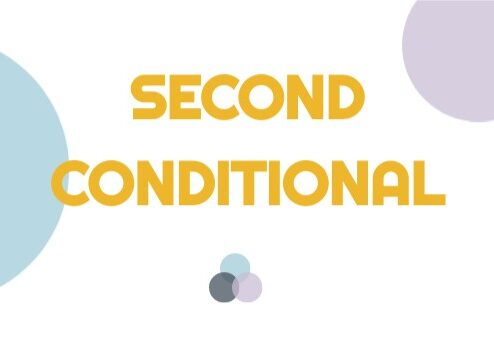Examples of Zero Conditional Sentences
Zero conditional sentences express scientific facts and general truths. This article highlights their significance and provides examples, helping readers understand their effective use in everyday communication.
Introduction to Zero Conditional Sentences
Zero conditional sentences show universal truths clearly. They use the present simple tense in both parts. These sentences describe situations that are always true, like scientific facts. For example, “If you heat water to 100 degrees Celsius, it boils” shows a definite relationship.
These sentences share knowledge directly and effectively, making them useful in teaching. They build trust in statements and link language with logic, helping everyone understand better. This structure turns words into valuable insights about daily life and highlights how grammar can express basic laws of nature.
Structure of Zero Conditional Sentences
Zero conditionals are used to talk about general truths, scientific facts, or situations that are always true when something happens. The structure of a zero conditional is:
If + present simple, present simple
Zero conditionals often describe cause-and-effect relationships or universal truths.
Examples of Zero Conditional Sentences
Here’s the list of 200 zero conditional sentence examples.
- If you heat ice, it melts.
- If it rains, the grass gets wet.
- If you touch fire, you get burned.
- If you mix red and blue, you get purple.
- If you boil water, it evaporates.
- If you don’t water plants, they die.
- If the sun sets, it gets dark.
- If babies are hungry, they cry.
- If you drop glass, it breaks.
- If you don’t eat, you feel weak.
- If cats are scared, they run away.
- If you study, you learn.
- If you exercise, you stay healthy.
- If dogs see a cat, they bark.
- If it’s cold, water freezes.
- If people work hard, they succeed.
- If you don’t sleep, you feel tired.
- If you press the bell, it rings.
- If you turn off the light, it gets dark.
- If it’s sunny, the clothes dry faster.
- If you leave food outside, it spoils.
- If kids play too much, they get tired.
- If you run fast, you sweat.
- If iron is left in water, it rusts.
- If you don’t lock the door, it stays open.
- If bees feel threatened, they sting.
- If you pour oil on water, it floats.
- If you pull the handle, the door opens.
- If you spin a top, it rotates.
- If the phone rings, someone calls.
- If students don’t listen, they miss the lesson.
- If you light a candle, it burns.
- If the wind blows, trees move.
- If kids eat too much sugar, they get hyper.
- If you shout, people hear you.
- If you freeze water, it becomes ice.
- If you walk in the rain, you get wet.
- If the power goes out, the lights turn off.
- If metal is heated, it expands.
- If you skip meals, you feel hungry.
- If you throw a ball up, it falls down.
- If the engine fails, the car stops.
- If the battery dies, the phone shuts down.
- If plants don’t get sunlight, they wither.
- If students behave well, teachers praise them.
- If food is expired, it smells bad.
- If you work out, your muscles grow.
- If you press play, the video starts.
- If you plug in the charger, the phone charges.
- If you open the tap, water flows.
- If you don’t brush, your teeth decay.
- If animals are hungry, they search for food.
- If the water boils, steam comes out.
- If you press the button, it turns on.
- If you turn the key, the car starts.
- If people don’t drink water, they get dehydrated.
- If it’s hot, people sweat.
- If plants get water, they grow.
- If you drop a coin, it falls.
- If snow melts, it becomes water.
- If you speak loudly, people hear you clearly.
- If you touch a cactus, it pricks.
- If you shake soda, it fizzes.
- If you forget homework, the teacher scolds.
- If you throw garbage on the street, it gets dirty.
- If you sharpen a pencil, it writes better.
- If milk is left out, it turns sour.
- If the bell rings, school starts.
- If you drink coffee late, you can’t sleep.
- If it’s winter, it snows.
- If a dog sees food, it eats.
- If you open the fridge, it feels cold.
- If you stretch a rubber band, it expands.
- If you walk barefoot, your feet get dirty.
- If you boil eggs, they become hard.
- If you look at the sun, your eyes hurt.
- If the fan is on, the room cools down.
- If the cat is hungry, it meows.
- If you stare at a screen too long, your eyes hurt.
- If water spills, the floor gets wet.
- If a baby is sleepy, it yawns.
- If people lie, they lose trust.
- If you close the curtain, it gets dark.
- If you eat spicy food, your mouth burns.
- If a phone is full, you can’t install apps.
- If you skip breakfast, you feel hungry later.
- If you sneeze, people say “bless you.”
- If kids don’t study, they fail.
- If it’s night, the moon appears.
- If you clap, it makes a sound.
- If you wave, people wave back.
- If it’s cloudy, it might rain.
- If you save money, you can buy things.
- If someone shouts, it’s loud.
- If you wear wet clothes, you feel cold.
- If you sleep late, you wake up tired.
- If a lion roars, it sounds loud.
- If someone laughs, others join.
- If you forget things, you make mistakes.
- If kids play in mud, they get dirty.
- If leaves fall, it’s autumn.
- If it’s morning, the sun rises.
- If you eat fast, you choke.
- If you don’t tie your laces, you trip.
- If someone whispers, it’s quiet.
- If you paint a wall, it looks new.
- If clouds cover the sun, it gets cool.
- If a bell rings, it makes noise.
- If the baby smiles, everyone feels happy.
- If someone cries, their face gets red.
- If you write, you improve.
- If you don’t rest, you burn out.
- If a clock ticks, time passes.
- If you fold clothes, they stay neat.
- If you charge your phone, it works longer.
- If you cough, cover your mouth.
- If you are polite, people respect you.
- If the water is clean, it’s safe to drink.
- If you drink cold water, your throat may hurt.
- If someone runs fast, they breathe hard.
- If it’s windy, the leaves fly.
- If you leave the fridge open, it wastes electricity.
- If the baby is sleepy, it rubs its eyes.
- If it’s dark, turn on the lights.
- If someone speaks kindly, others listen.
- If you smell smoke, there may be fire.
- If someone knocks, open the door.
- If the teacher comes, everyone sits.
- If birds are hungry, they chirp.
- If you use soap, your hands get clean.
- If it’s warm, the snow melts.
- If the light is green, cars move.
- If you hear thunder, a storm is near.
- If you water flowers, they bloom.
- If you type fast, you finish early.
- If the bus is late, students wait.
- If sugar is added, the tea gets sweet.
- If the road is wet, cars slow down.
- If you eat too much, you feel sick.
- If you read daily, your knowledge grows.
- If kids watch cartoons, they laugh.
- If birds see food, they fly down.
- If the shop is open, customers come.
- If you look in a mirror, you see yourself.
- If you rub your eyes, they itch.
- If you forget your umbrella, you get wet.
- If you eat ice cream quickly, you get brain freeze.
- If the soup is hot, blow on it.
- If someone is late, others wait.
- If you ring the bell, the gate opens.
- If you lose your keys, you can’t enter.
- If water touches fire, it hisses.
- If you hold your breath, you feel dizzy.
- If you don’t wear gloves, your hands freeze.
- If you keep secrets, people trust you.
- If a baby laughs, people smile.
- If you push the door, it opens.
- If a plant is dry, water it.
- If someone sings, people listen.
- If you switch on the light, it glows.
- If birds fly together, it’s a flock.
- If clouds are grey, rain is near.
- If food is spicy, people drink water.
- If you wash dishes, they get clean.
- If the glass is full, don’t pour more.
- If you save work, it doesn’t get lost.
- If people smile, they seem friendly.
- If kids are tired, they sleep early.
- If you eat too late, you gain weight.
- If the bell rings, break time starts.
- If the roof leaks, water falls in.
- If your phone rings, answer it.
- If the fan is off, the room feels hot.
- If you cry, your eyes get red.
- If a kite has no string, it flies away.
- If you walk on sand, your shoes fill.
- If the glass is empty, fill it.
- If the baby is wet, change the diaper.
- If people are happy, they laugh.
- If it’s foggy, drive slowly.
- If the battery is full, unplug it.
- If there’s lightning, don’t go out.
- If someone claps, others join.
- If people gossip, problems start.
- If the air is polluted, wear a mask.
- If you skip class, you miss lessons.
- If the alarm rings, wake up.
- If someone helps, thank them.
- If the fish is fresh, it doesn’t smell.
- If milk is fresh, it tastes good.
- If clothes are clean, they smell nice.
- If someone calls, answer politely.
- If people shout, it’s noisy.
- If the window is open, air comes in.
- If you run late, call ahead.
- If you lie, people doubt you.
- If the gate is open, the dog runs out.
- If it’s hot, wear light clothes.
- If the phone is silent, no one hears it.
- If you wait long, you lose patience.
What is a zero conditional sentence?
A zero conditional sentence expresses general truths or scientific facts, using the structure “If + present simple, present simple.”
Are zero conditional sentences only used for scientific facts?
No, they can also describe habits, routines, or general truths in everyday life.
Is it possible to switch the clauses in a zero conditional sentence?
Yes, you can say, “The ground gets wet if it rains,” and it still retains the same meaning.
Can zero conditional sentences use other tenses?
No, zero conditional sentences strictly use the present simple tense in both clauses.
Are there any punctuation rules for zero conditional sentences?
Yes, if the ‘if’ clause comes first, use a comma before the main clause. If the main clause comes first, no comma is needed.


